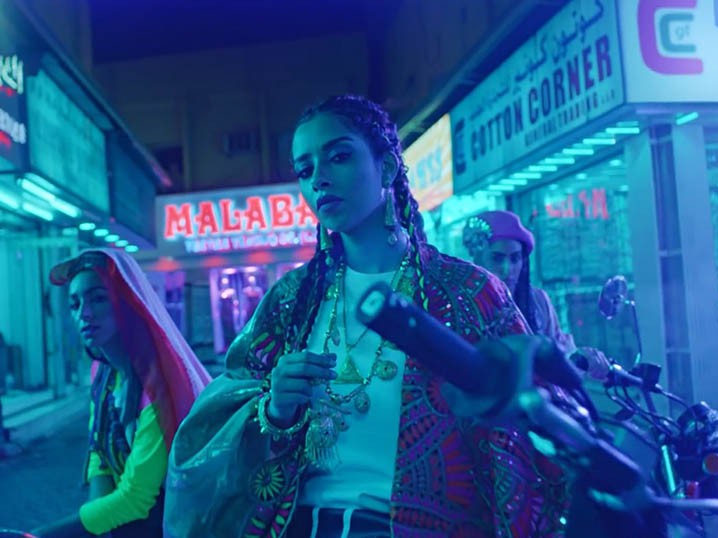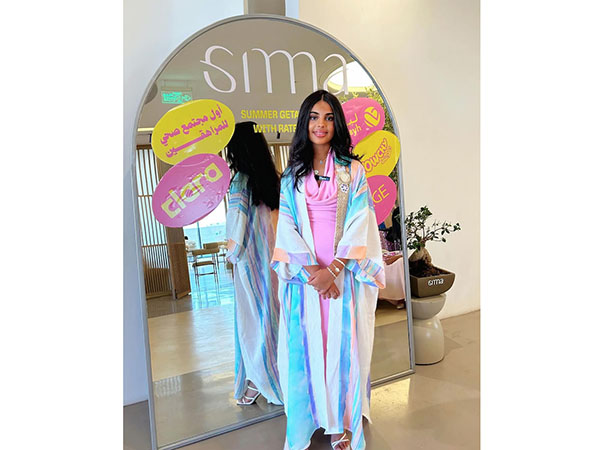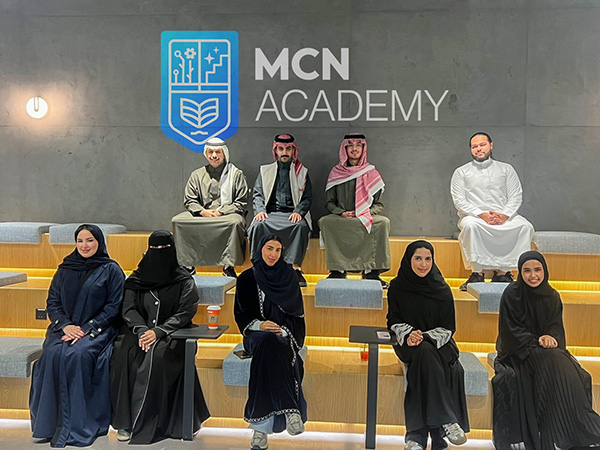News - Advertising
Just do it? Or won’t do it?
by Iain Akerman
May 17, 2017
.jpg) Advertisement
AdvertisementApart from the impressive line-up of powerful Arab women, two things stood out from Nike Women’s recent big budget campaign ‘What will they say about you?’
Firstly, that it was created by an agency based in The Netherlands. Secondly, that it was shot by a director based in Paris. The agency in question was Wieden+Kennedy Amsterdam. The director, Fleur Fortuné.
The choice of agency was understandable – Wieden+Kennedy is Nike’s longtime global creative partner. The choice of director less so. How often do cinematic campaigns featuring six inspirational female athletes and singers from the Middle East emerge from global brands such as Nike? Never. The brand chose to champion and celebrate female boxers, singers, fencers and figure-skaters, and yet failed to do the same thing behind the scenes. The director was not an Arab. She was European.
Nike’s argument is that its close relationship with Wieden+Kennedy allowed it to create a true ‘Just Do It’ film. It did this “while working very closely with local teams, our experts in the region and athletes from the GCC to ensure the campaign was truly local and would resonate here,” says Hind Rasheed, communications manager for Nike across the Middle East and Eastern Europe. That doesn’t change the fact that the director was French.
“Sure it would have been nice if the director was not a French woman but an Arab woman, but I don’t think that’s needed to appreciate the stand a global brand has taken on an important and potentially controversial subject.”—Richard Hol
“This might have been an issue if Wieden+Kennedy and Nike would have ignored female Arab directors who could have executed the script at a similarly high standard,” says Richard Hol, executive creative director at Nomads. “But even if they did, that shouldn’t be the point, really. What matters is a film that clearly aims to empower Arab women, one that looks beyond the typical Arab stereotypes. Sure it would have been nice if the director was not a French woman but an Arab woman, but I don’t think that’s needed to appreciate the stand a global brand has taken on an important and potentially controversial subject.”
Are there really no female Arab commercials directors of note? None capable of producing such an ad? Nadine Labaki? Her sister Caroline? Mariam Abou Ouf? Is it not disappointing that a brand such as Nike should create such a campaign for the Arab world without it being helmed by someone from the region? Male or female.
“We suffer from a mental block of sorts that locally-based talent isn’t always producing quality work…”-Wafa Tajdin
“I think a primary issue here is that there is a lack of range or choice when it comes to talent, particularly with respect to directors and even photographers,” says the Dubai-based producer Wafa Tajdin. “We do need more options. I personally don’t think there’s a severe lack of talent in the region, they just need to be given more opportunity and a chance in order to hone their skills and build their portfolios.
“We suffer from a mental block of sorts that locally-based talent isn’t always producing quality work like that of their Western or international counterparts and are not as good. It’s almost a leftover of a colonially entrenched inferiority complex. When it comes to females it’s even harder to be taken seriously with respect to storytelling and auteurism – anywhere in the world.”
There are other interconnected issues: the tendency for regional brands that are international in outlook to search outside of the region for their agencies (180 Amsterdam and Qatar Airways, Nomads and Emirates, Cheil London and Etihad); and the overall question of talent.
“My only criticism is that they do not give local agencies a chance to compete against the world.”—Hubert Boulos
“Let’s be clear. Talent is all over the world and there are some damn good agencies in Amsterdam, Paris, London and New York,” says Hubert Boulos, chief executive for the Middle East at DDB Dubai. “Funnily enough, if you notice, most of the clients going for foreign agencies are airlines. In their case the cost of travel for meetings is not a factor, so they’d be stupid not to look all over the world. My only criticism is that they do not give local agencies a chance to compete against the world. I know we can and we for a fact at DDB Dubai have beaten a few London and Paris agencies when international clients based outside the UAE invited us to pitch.”
“It’s not the location that matters, it’s the talent,” adds Hol. “Nomads is the global lead agency for Norwegian company Jotun Powder Coatings and we’re running it from Dubai. Ali Ali’s Good People shoots films for markets around the world and they’re based in Cairo and Beirut. It’s the talent that matters, not the location. Especially in a globally connected world, there are fewer hurdles keeping someone from showcasing their talent. Remember the global smash hit Flappy Bird? It was developed by a kid from a village near Hanoi, in communist Vietnam. If he can do it, anyone can, right? The only caveat; be incredibly good at what you do and work incredibly hard to make it.”
In a globalised world we will need less and less agencies on the ground in every country anyway, says Boulos, so why fret. “MENA agencies have to look at competition from a global perspective and maybe in the end we could have two or three world-class agencies competing for global briefs,” he says. “The talent is here for sure. Local clients have to have more confidence in themselves when it comes to giving a global brief locally. Foreign clients are not afraid to do so.”



.jpg)





.jpg)




